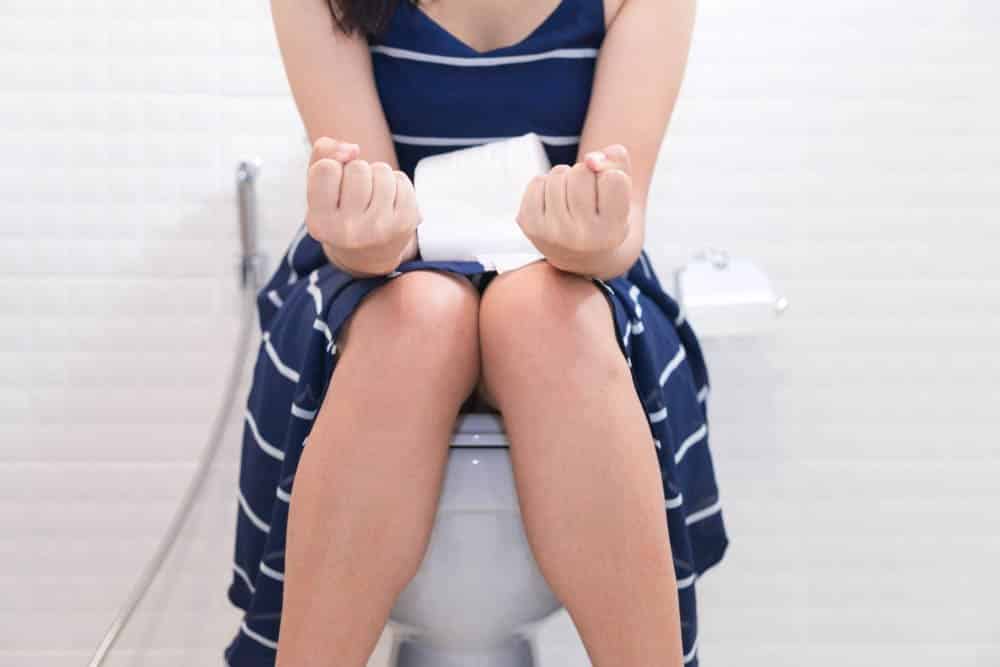Constipation

There are fibroids that grow at the back of the uterus and push a part of the colon externally, causing decreased bowel movements, and resulting in constipation. Moreover, patients with fibroids usually take iron supplements to correct their anemia. Iron causes constipation by itself and it might add up to the causes of difficult bowel movements.
Fibroids are treated with medications that maintain the balance of hormones. The goal is to induce the regression of the fibroids. When the drugs cause a decline in the levels of progesterone and estrogen, menstruation stops and fibroids regress. Intrauterine devices and birth control pills are also used in the treatment of fibroids. It is also vital to prescribe medicines for bleeding, inflammation and to trigger symptomatic relief, and the majority of them are over-the-counter.
Read Also:
- Breast Cancer I 14 Treatment For Breast Cancer
- Fibromyalgia Symptoms: 12 Symptoms of Fibromyalgia (Hard to Believe). What are Yours?
- Fibromyalgia: What is Fibromyalgia?, Symptoms, Signs, Causes, Diagnosis and Treatment
- What is Cancer? Overview, Warning Signs, Symptoms, and Causes
- What Causes Cancer? And Common Cancer Types
However, large masses can only be solved by surgery. Open myomectomy is done through a large incision made to reach the uterus in order to remove the abnormal masses. A laparoscopic procedure can also be used. In these procedures, a camera and instruments are introduced through small incisions, and fibroids are found and cut out.
After surgery, there’s always a chance of growing back of fibroids. The prognosis depends upon the age, site and size of the uterine mass. Fibroids are usually not treated when they are small in number and when the age of the patient is very near or above 50 years old because when estrogen levels go down, the fibroids shrink on their own. Conversely, a pregnant woman with fibroids requires more attention because of a higher chance of complications.
